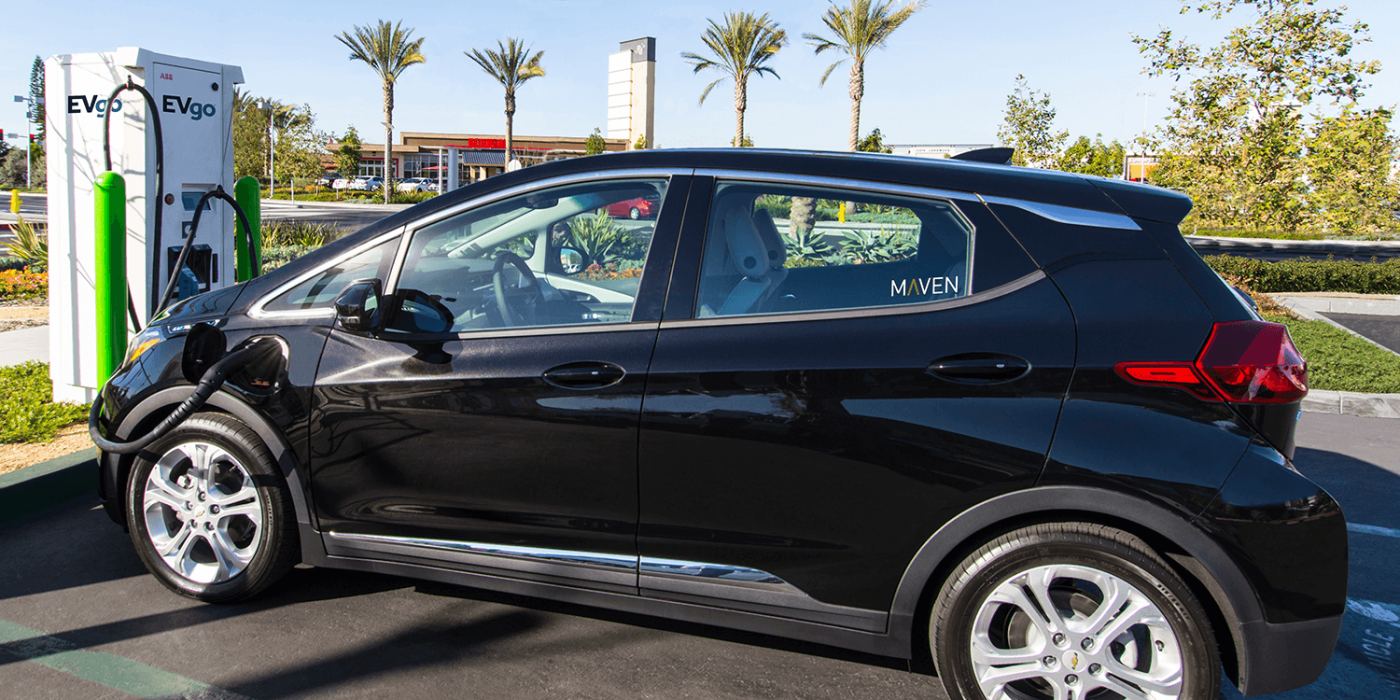California and Canada join forces for cleaner vehicles
Canada and California have just signed a Memorandum of Understanding to jointly promote cleaner vehicles. This includes accelerating the uptake of electric cars.
The alliance is primarily a reaction to the Trump administration’s plan to weaken vehicle emission standards. Trump also threatened to deny California the right to issue its own emissions regulations for vehicles and to legally oblige the purchase of emission-free vehicles.
In response, the most populous and wealthy US state and Canada now want to work together to “accelerate the introduction of zero-emission vehicles such as electric cars”. In addition, they will share technical information and test procedures that California already uses with the Low-Carbon Fuel Standard.
Canada is currently revising its own emissions standards for vehicles. By 2040, all light commercial vehicles sold should be emission-free – including, for example, pickups that are popular in North America. Companies busy with converting their fleets are already eligible for subsidies and tax incentives.
In the US, the Trump government wants to freeze emissions limits at the 2020 level. This would mean weakening the limits set by the Obama administration. Under Barrack Obama, the blanket fuel efficiency limit was set at 46.7 miles per gallon (MPG) by 2026, but Trump wants to stay at 37 MPG. According to European calculations, this corresponds to the consumption of 5.0 litres per 100 kilometres (Obama) or 6.35 litres (Trump).
The Trump government is also threatening California’s ability to set their own emissions standards, a legal right granted in 1970 as a way to combat the state’s problem with pollution and smog levels. In the case that the Trump administration tries to revoke this right, California would very probably take legal action. For this reason, 17 major automakers, including General Motors, Volkswagen and Toyota, called on the White House at the beginning of the month to resume talks with California. The intention here is to avert a protracted legal dispute that has little chance of a quick resolution.
Last year, General Motors called for a national “Zero Emissions Vehicle” program to achieve an electric car share of 25 per cent for new purchases in the United States by 2030. With this de facto e-car quota, the carmaker was clearly working against Trump’s plans to weaken the emission targets. In addition, nine US states, including California, jointly submitted a zero emissions vehicle plan. Now, these states have largely adopted the targets and Colorado intends to follow suit. Trump’s proposal would put an end to this.
For this year alone California pledged $238 million for the promotion of electric and fuel cell vehicles.





0 Comments